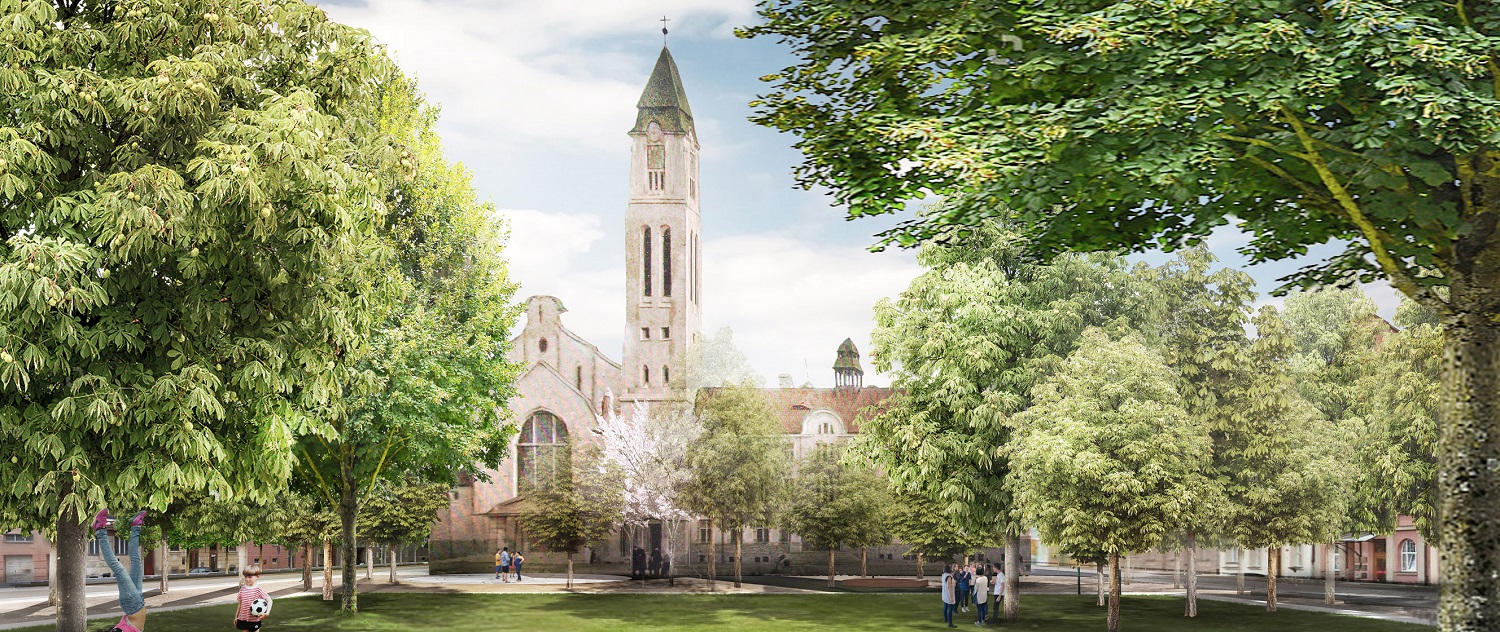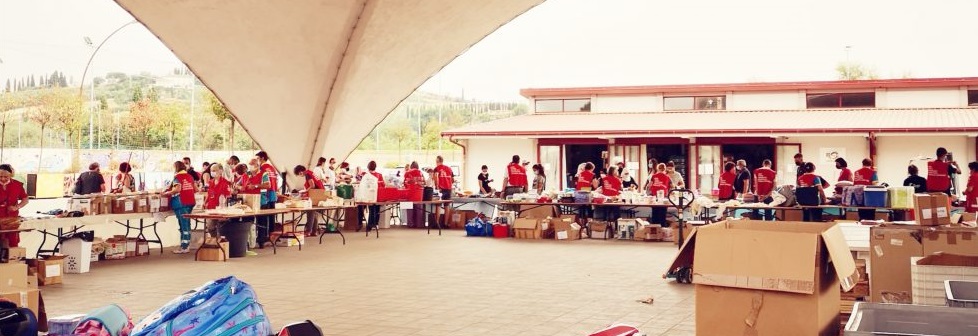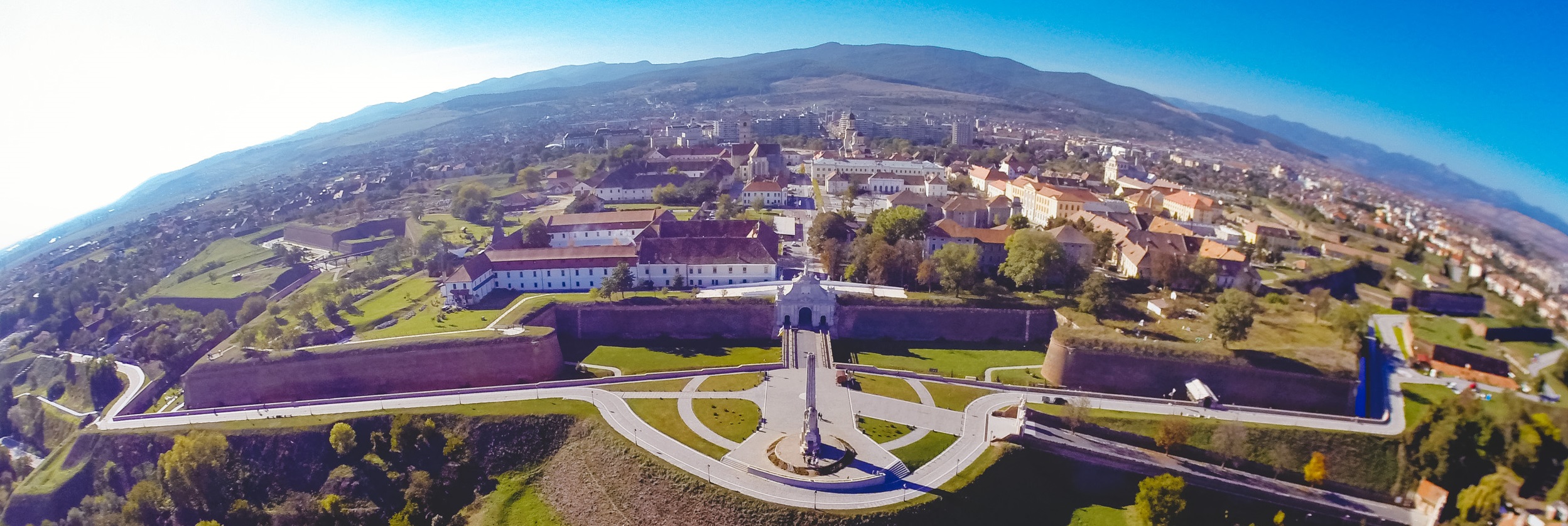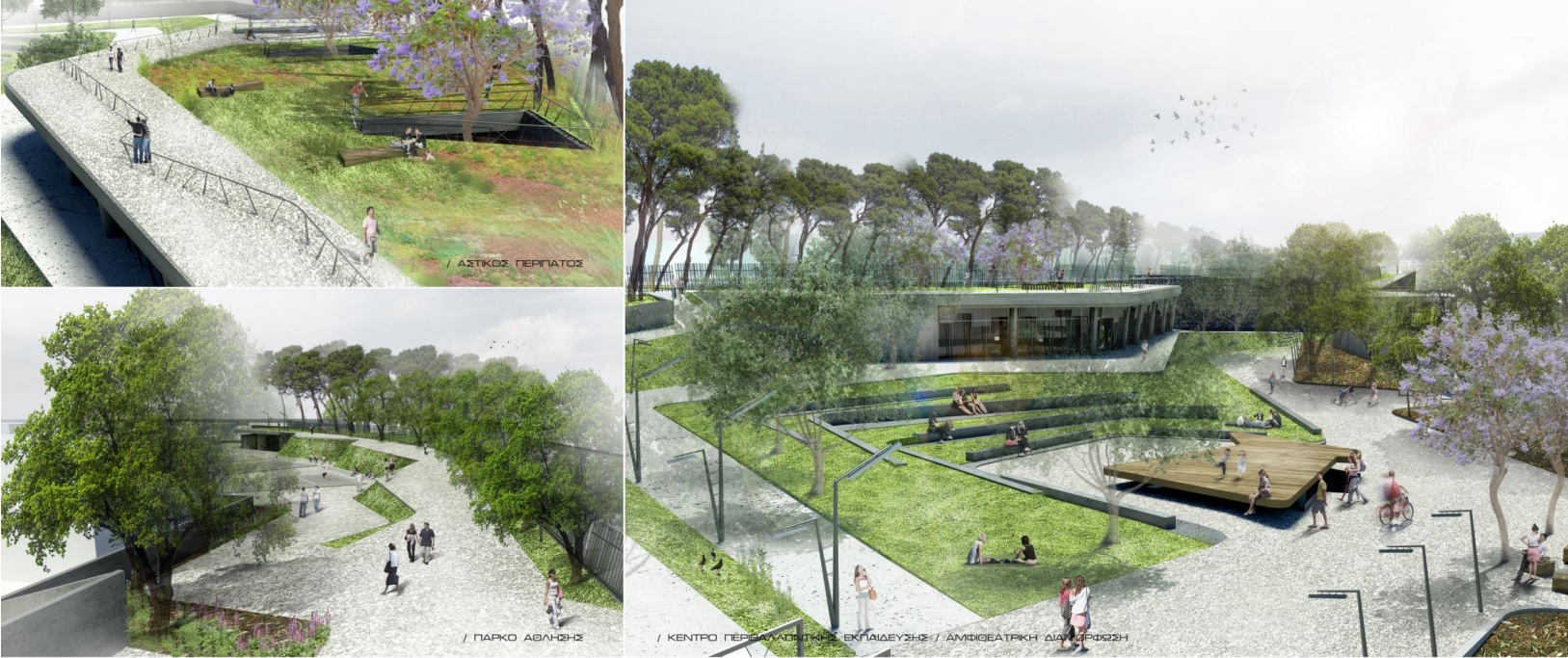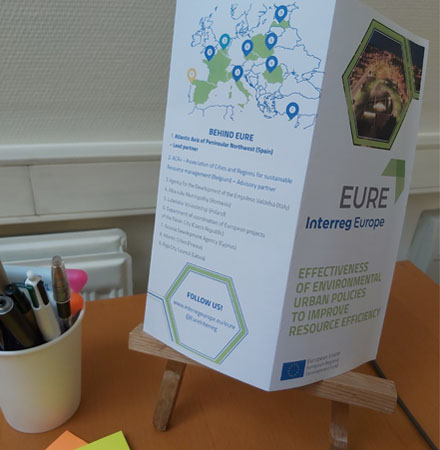The noise pollution has been defined as one of the urban challenges that the city wants to keep into consideration in the improvement of the regional policy instrument addressed by the project. Atlantic Cities, while working on its Regional Report, delineated each urban challenge through a SWOT analysis, which determines strengths, weaknesses, opportunities, and threats of a policy centered in improving the air quality of the city.
The impact of acoustic pollution in cities
Citizens all over Europe are exposed to high level of noise. Acoustic pollution is known to be causing many health issues (lack of sleep or poor-quality sleep, mental issues, stress, tinnitus) and detrimental consequences on wild life. City dwellers are confronted to noise levels higher to 55 dB, the limit before damages.
In Brittany, noise nuisances’ sources are transportation (airports, trains, roads), industries, agriculture, construction and demolition sector, neighbors’ activities (music, motor gardening/electronic/heating devices), and nature ‘s sounds (birds singing, animals calls…).
The Noise Prevention Plans of Brittany
The region works with the 4 departments on local Plans for Noise Prevention in the Environment (PPBE). The PPBE plan to implement sound barriers where it’s needed. For instance, along some sections of the RN 12, the traffic is intensifying, and some houses are severely affected. However, the barriers are not effective everywhere. Neighborhood noises are under the mayor’s regulation. Urban planning regulations are also able to prevent some situations by putting some rules (e.g. orientation and distance for heat pumps in residential areas).
Actions developed
The city core of Lorient is part of the project CENSE, funded by Ifsttar, a service from the Ministry for Ecological and Solidary Transition. Acoustic sensors were installed on the street lighting system. Noise pollution can be assessed, strategic noise maps will be made out of the data and will contribute to support noise reducing policies’ decisions. The deployment of the sensors took place in November 2019, so this cross-disciplinary program is still on going.
Every year, a tour of pedagogical concerts, Peace & Lobe, in rural and urban areas is launched. The program held by the Health Regional Agency and the Mutualité française de Bretagne (an health insurance) is targeting young people, both in disadvantage and more average or advantage places, to raise their awareness toward swelled music use (concerts, night clubs, music playing, headphones).
If you missed the first episode on air pollution, take a look here.




